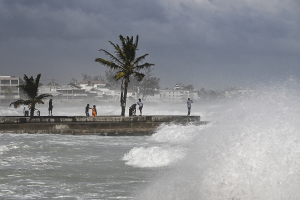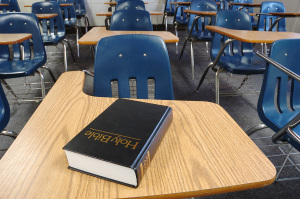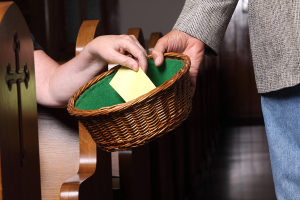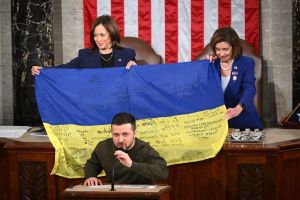Vatican renews provisional agreement with China on bishop appointments
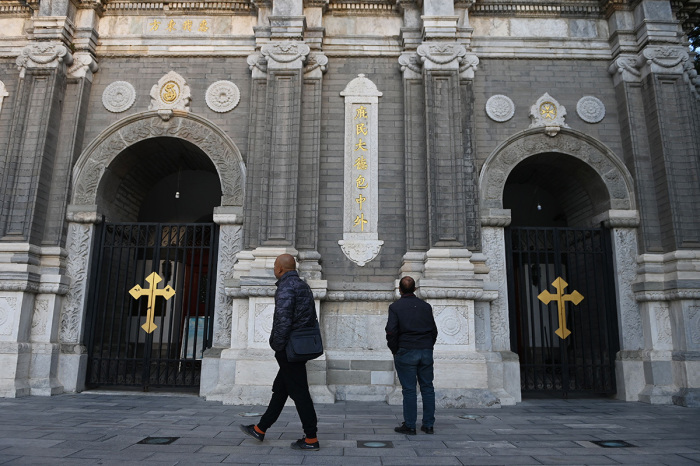
The Roman Catholic Church has renewed a scrutinized agreement with the People's Republic of China over the appointment of bishops, even as the Communist government continues to restrict religious freedom.
The Holy See Press Office announced Saturday that the Catholic Church renewed a provisional agreement with China allowing the government to submit candidates for bishop offices, with Pope Francis getting the final say.
The provisional agreement was initially approved in 2018 and was previously renewed in 2020, with the latest renewal scheduled to expire in 2024.
"The Vatican … is committed to continuing a respectful and constructive dialogue with the Chinese Party for a productive implementation of the Accord and further development of bilateral relations, with a view to fostering the mission of the Catholic Church and the good of the Chinese people," stated the Holy See Press Office.
In an interview with Vatican News published Saturday, Cardinal Secretary of State Pietro Parolin said that the two-year renewal "mainly concerns aspects that are essential to the daily life of the Church in China."
"Pope Francis — with determination and patient foresight — has decided to continue along this path not under the illusion of finding perfection in human rules, but in the concrete hope of being able to assure Chinese Catholic communities, even in such a complex context, of the guidance of pastors who are worthy and suitable for the task entrusted to them," said Parolin.
"The ultimate goal of this journey is for the 'little flock' of Chinese Catholics to advance in the possibility of living serenely and freely their Christian life, which is made up of the proclamation of the Gospel, solid formation, joyful celebration of the Eucharist, as well as an industrious witness of charity, in order to be close to those who struggle the most to cope with life, as was the case during the difficult time of the pandemic."
The renewal comes as Chinese leader Xi Jinping claimed a third term as head of the Chinese Communist Party, which has increased government control of religious bodies in recent years.
Since the agreement was enacted in 2018, six Catholic bishops have been ordained, even though 40 dioceses in China still do not have a bishop, according to The Wall Street Journal.
Religious freedom advocates and some clergy have criticized the agreement.
"Despite the Holy See's attempt to normalize its operation in the authoritarian country, religious freedom has not improved for the underground Chinese Catholics in the last few years," the United States-based NGO International Christian Concern warned in a statement.
"Many disappeared clergy have not returned, while those who are loyal to the Vatican constantly face threats and sometimes are subject to a 're-education' for their submission to join the official church."
Former U.S. Secretary of State Mike Pompeo stated in September 2020 that religious freedom conditions for Catholics in China had only worsened in the two years since the agreement was first adopted.
"The Vatican endangers its moral authority, should it renew the deal," Pompeo tweeted at the time.
Among critics of the agreement between the Vatican and the Chinese government is Cardinal Joseph Zen, who formerly served as bishop of Hong Kong, a Chinese protectorate.
The 90-year-old Zen was arrested in May by Chinese authorities for his involvement in a humanitarian organization tied to the 2019 pro-democracy protests in Hong Kong.
"The Vatican may have acted out of good faith but they have made an unwise decision," said Zen at a prayer meeting in May, as quoted by the WSJ.
The Christian persecution watchdog group, Open Doors USA, ranks China as the 17th worst persecutor of Christians in the world.
In late August, the Office of the U.N. High Commissioner for Human Rights released a report documenting human rights abuses in China's Xinjiang Uyghur Autonomous Region, especially aimed at predominantly Muslim communities like the Uyghurs.
















